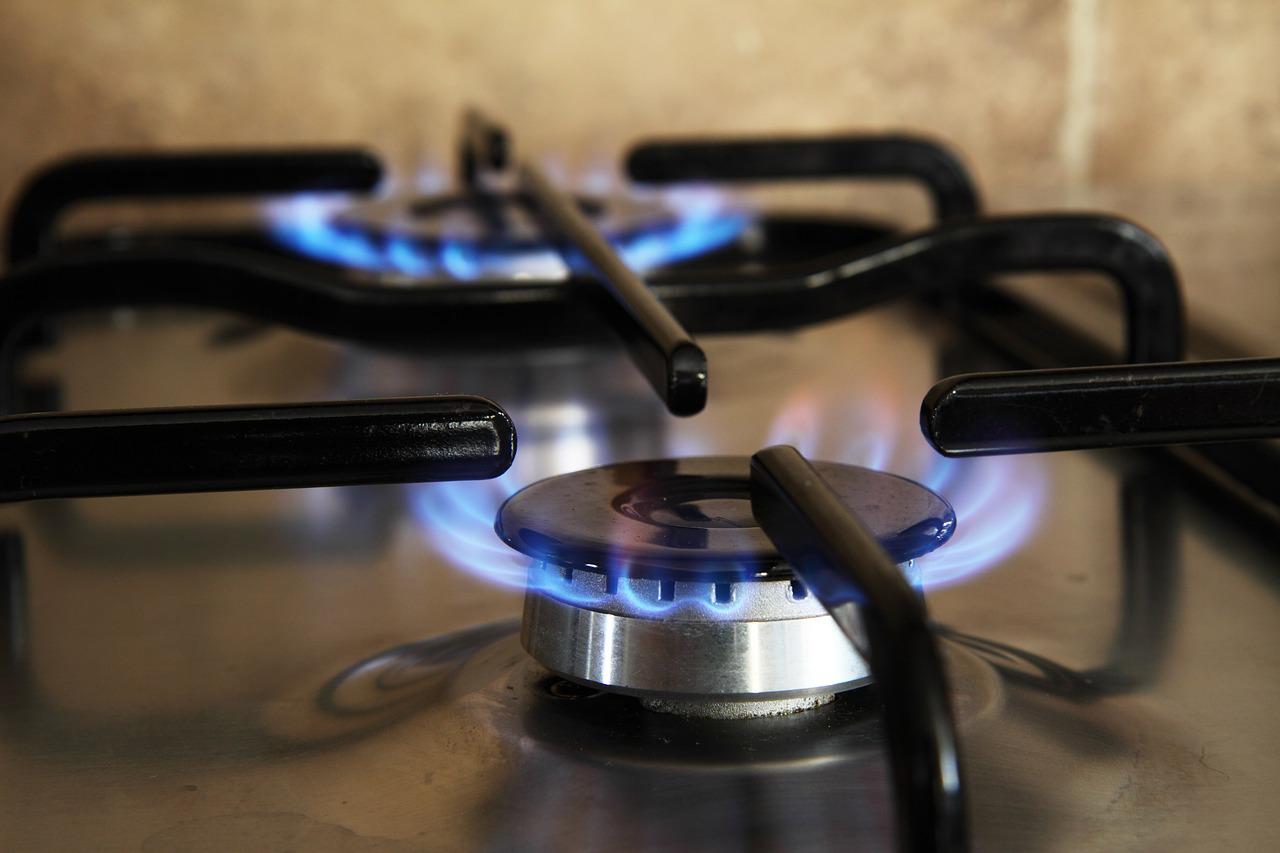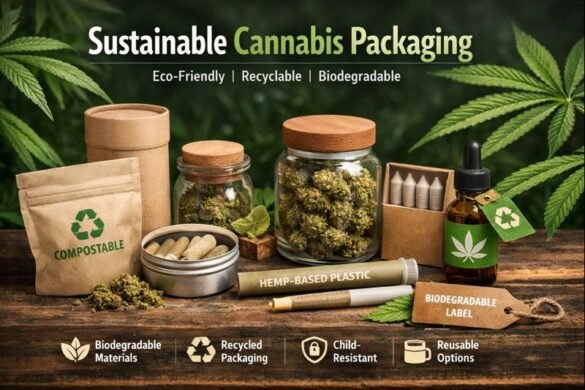Walk into any warehouse, farm supply lot, or shipping yard, and you’ll see the same two workhorses over and over: bulk bags and barrels. Barrels have been around forever, and bulk bags are the newer option.
They’ll both do the job, just in very different ways. Some businesses swear by the flexibility of FIBC bulk bags, while others stick with the solid reliability of barrels. It’s less about which one is “better” and more about which one fits your product and setup needs.
Understanding Each for Industrial Storage
FIBC Bulk Bags
Bulk bags are basically oversized, heavy-duty sacks designed to hold thousands of pounds of material. They’re made from woven polypropylene in a way that makes them lightweight yet strong enough to store or transport a wide range of items.
The real appeal is flexibility: when empty, they collapse flat, saving serious space. Many companies look for FIBC bulk bags for sale because they’re affordable, reusable, and easy to store.
Barrels
Barrels are the traditional choice.
Most come in tough, rigid plastic, steel, or fiberboard, with the well-known 55-gallon size being the industry standard. Because they’re uniform in size, they’re easy to stack and secure during shipping. Barrels are the safer bet when you’re dealing with things like chemicals, oils, or anything that really needs to stay sealed tight.
Comparing FIBC Bulk Bags and Barrels for Efficiency
You’ll find plenty of uses for both, but put them next to each other, and it’s clear where one pulls ahead of the other depending on your business needs.
| Factor | Bulk Bags (FIBC) | Barrels |
| Best For | Powders, grains, plastic resins, sand, fertilizer, other free-flowing dry solids. | Liquids like oils, chemicals, juices. Also solids that need tight containment such as pellets or granules. |
| Storage Capacity | Commonly hold 1,000–4,000 lbs. Can be made in different sizes or lined to match the material. | Standard 55 gallons, but also found in smaller 15–30 gallon drums and larger 85–95 gallon overpacks. |
| Space Savings | Collapse flat when empty. Easy to store in bulk. | Rigid, always take up the same amount of space, empty or full. |
| Durability | Woven polypropylene is strong but will wear out eventually. | Very durable, impact-resistant, and able to handle years of regular use. |
| Cost | Lower cost per unit and cheaper to ship or store. | Higher upfront price and more expensive to move because of weight and bulk. |
Bulk bags usually come out ahead on cost and space: light, easy to store, don’t add much weight when you’re shipping. Whereas barrels, on the other hand, excel in strength and containment. They cost more upfront, but give you strength and containment you can count on.
In the end, it’s a trade-off: flexibility and low cost with bulk bags, or rugged durability with barrels.
Which Option Works Best for Your Business Needs
If your business moves dry goods, grains, powders, or lightweight bulk products, FIBC bulk bags are often the smarter choice. They’re versatile, easy to store, and cut freight costs.
Now, ff you’re business handles liquids, oils, chemicals, or materials that need a sealed, rigid container, barrels are hard to beat. The right answer may be both — many warehouses use bags for dry goods and barrels for liquids, depending on the day’s workload.
Ready to Choose the Right Fit?
By now, you know the trade-offs: bags for flexibility and low weight, barrels for toughness and security. The next step is finding a reliable source.
That’s where Container Exchanger helps. They make it easy to pick up bulk bags or barrels without paying full price, and they handle the logistics so you’re not left chasing down suppliers. Whether you need a truckload of FIBC bulk bags for sale or a steady supply of barrels, or maybe both, you can get what you need in one place and keep your operation running without the extra hassle.









